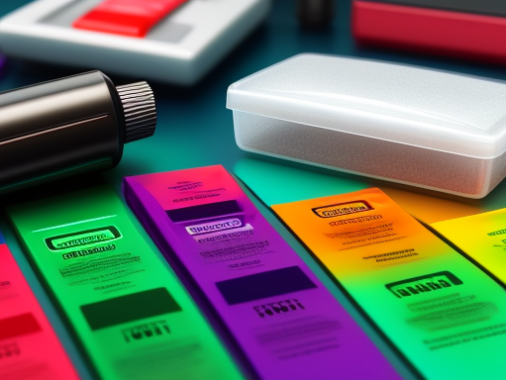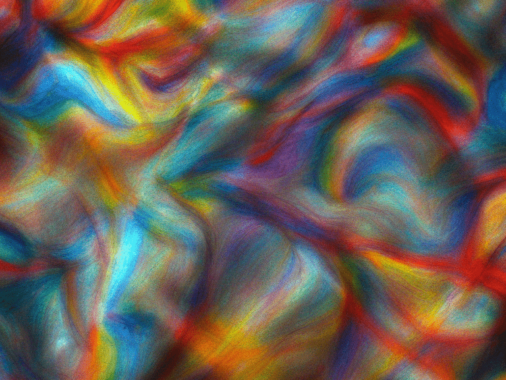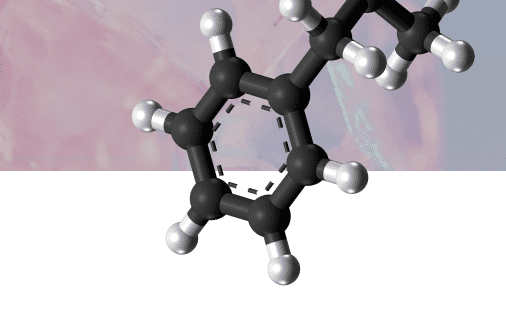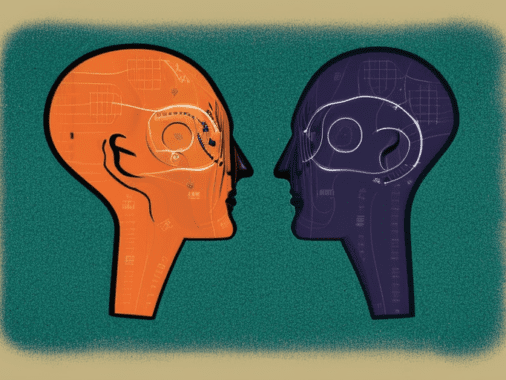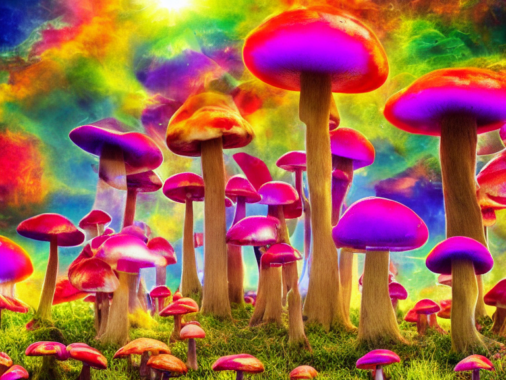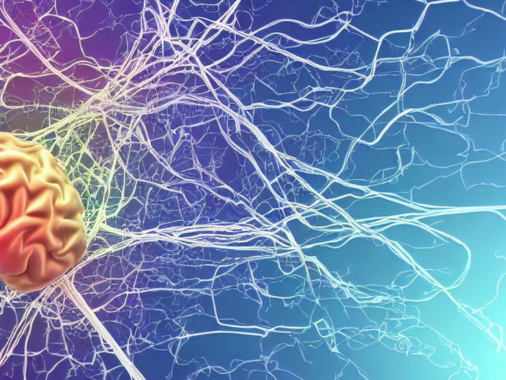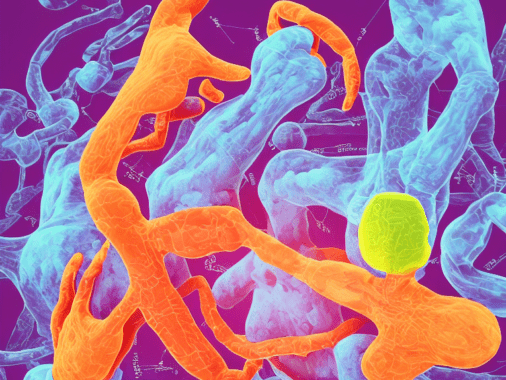The phrase Drug Testing can have two meanings. On the one hand, it is possible to test people – in the hospital, at work, and at home under certain conditions.…
Amphidose
Latest posts - Page 12
Critiquing ‘Preaddiction’: Understanding the Concerns and Implications
Recently, the National Institute for Combating Drug Abuse and the National Institute for Combating Alcohol Abuse raised the issue of the term “preaddiction”, which allegedly can help identify and prevent…
First Aid for Heart Attack: Recognize Symptoms and Act Quickly
A really scary phrase that stereotypically seems to be the lot of the elderly. However, for people who use certain classes of substances, the risk of heart problems increases. Also,…
Amphetamine Dosage and Side Effects. Poster
We have designed a poster with basic and understandable information about the relationship between quantity and safety, as well as the side effects of amphetamine. Always remember – the higher…
Post-Acute Withdrawal Syndrome (PAWS): Symptoms, Duration, and Coping Strategies
I often encounter situations when people are not exactly unaware of the withdrawal syndrome, but they underestimate it very much. After prolonged use, the body and its systems need time…
Does Harm Reduction Really Work? Evaluating Its Effectiveness and Impact
The Harm Reduction approach for drugs aims to reduce the negative consequences associated with drug use, such as overdoses, infections, and other health problems, while recognizing that some people may…
Stimulant Withdrawal: Symptoms, Challenges, and Recovery Tips
Stimulants are substances that increase the activity of the central nervous system (CNS), leading to increased alertness, attention, focus, and energy. Examples of stimulants include caffeine, nicotine, cocaine, and amphetamines.…
First Aid for Psychosis: Recognizing Symptoms and Providing Support
Psychosis is a mental health condition characterized by a disconnection from reality. In some cases, psychosis can be caused by an underlying medical condition or the use of certain drugs.…
Chemsex: Risks and Harm Reduction Strategies for Safer Practices
Chemsex is a neologism consisting of the two terms “chemicals” and “sex”. It is a term used to describe the use of drugs, specifically psychoactive substances, during sexual activity. This…
Harm Reduction for Psilocybin Mushrooms: Safe Use and Best Practices
Psilocybin mushrooms or magic mushrooms or just shrooms are a type of fungi that contain the psychoactive compound psilocybin. When ingested, psilocybin is converted to psilocin in the body, which…
First Aid for a Bad Trip: How to Stay Calm and Provide Support
A bad trip, also known as an acute adverse reaction to hallucinogenic drugs, can include a range of symptoms, such as anxiety, paranoia, delusions, hallucinations, and disordered thinking. These symptoms…
First Aid for Seizures
Seizures are sudden bursts of electrical activity in the brain that can cause a wide range of symptoms, such as loss of consciousness, convulsions, and involuntary movements. They can occur…
Harm Reduction for MDMA: Tips for a Safer and More Informed Experience
Despite the fact that MDMA is increasingly mentioned in the info spatial as a medicine drug, and Molly is far from first place in terms of the number of consumers…
First Aid for Serotonin Syndrome: Recognize and Respond Quickly
Discussing recreational substances, sooner or later it comes to Serotonin Syndrome. His cunning lies in the fact that this is a relatively rare condition with a very vague clinical picture.…
Harm Reduction for LSD: Safe Practices for a Responsible Experience
Lysergic acid diethylamide (LSD) is a powerful hallucinogenic drug that can have significant effects on the brain and body. While the use of LSD is illegal in most countries, some…




